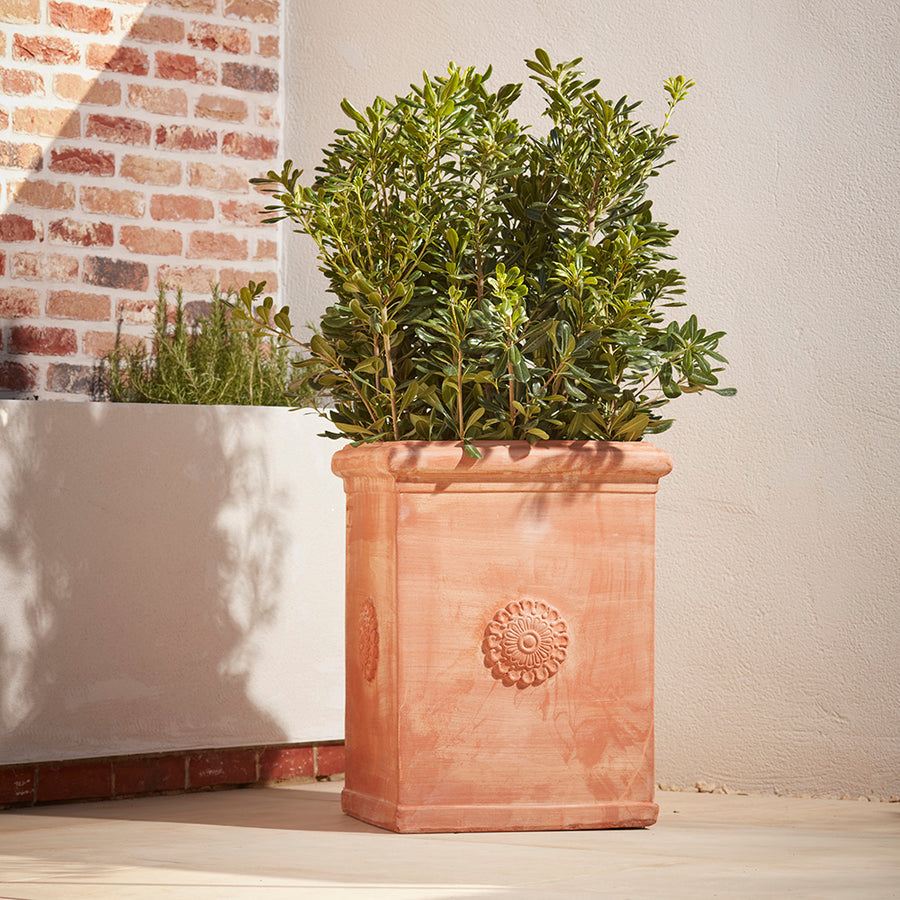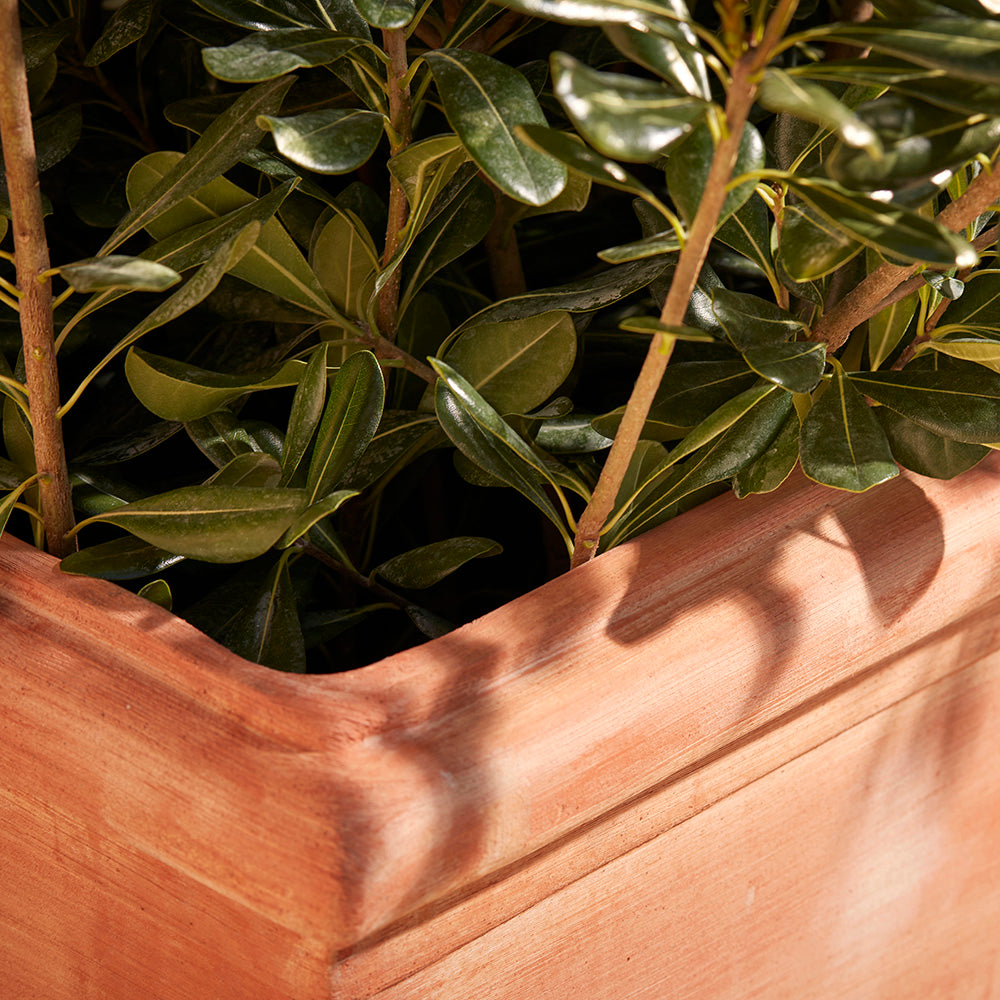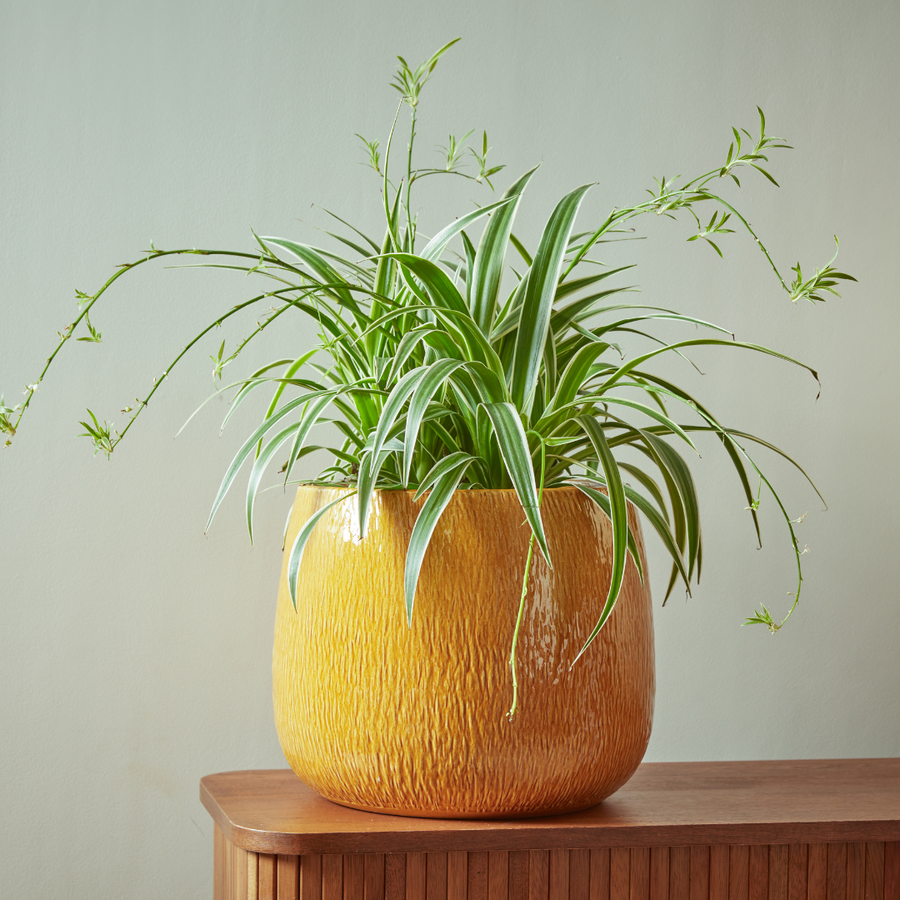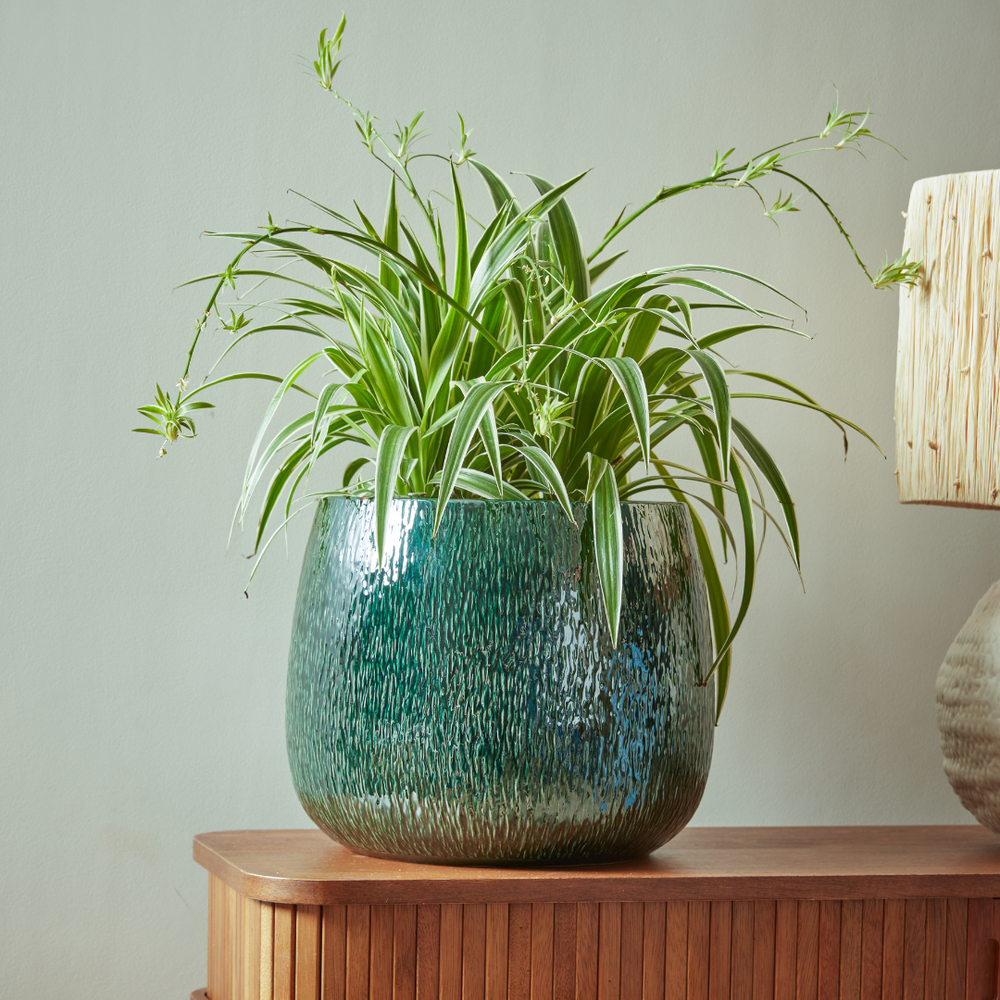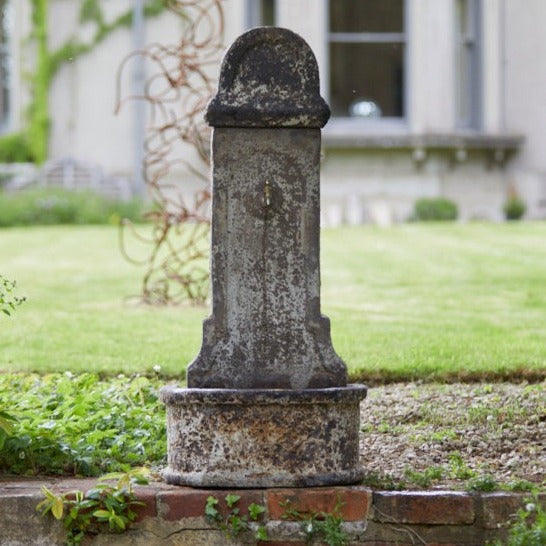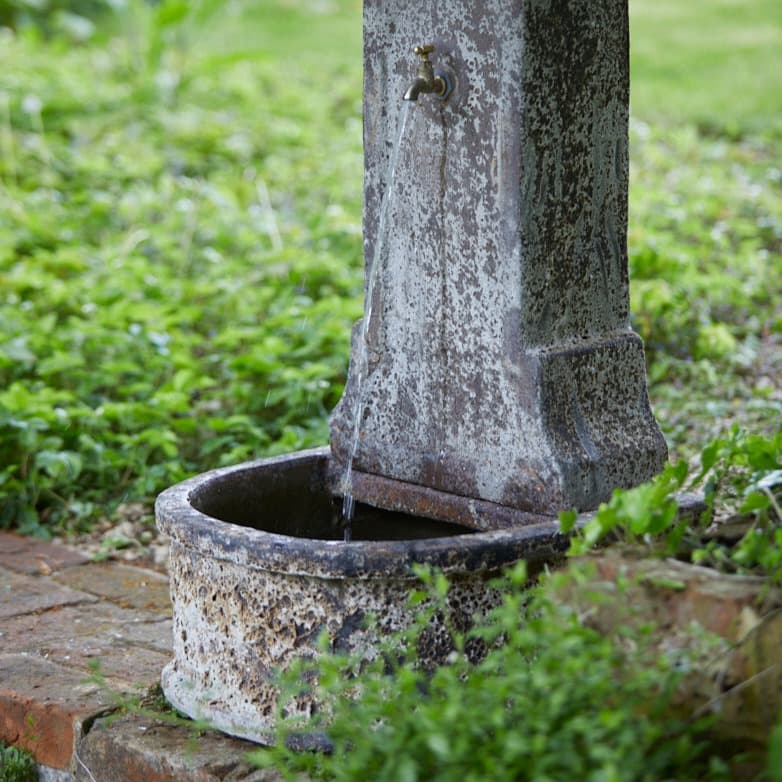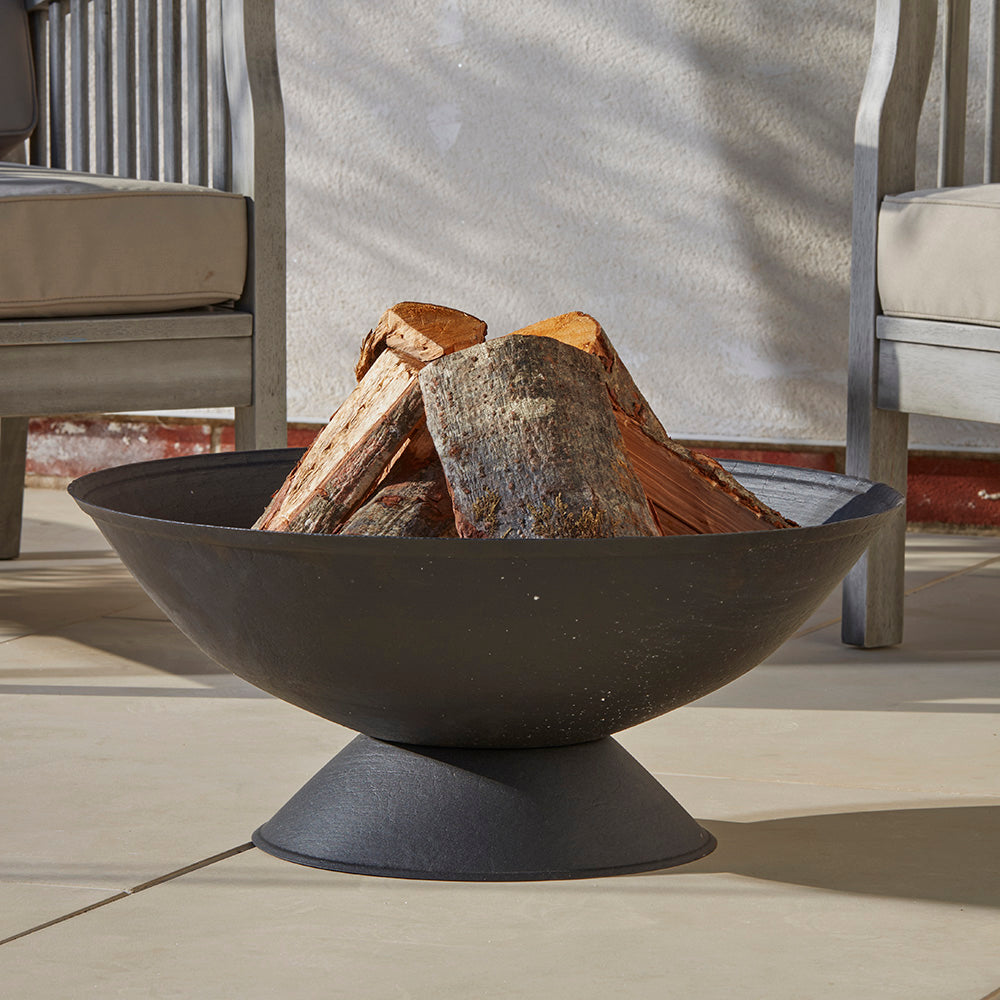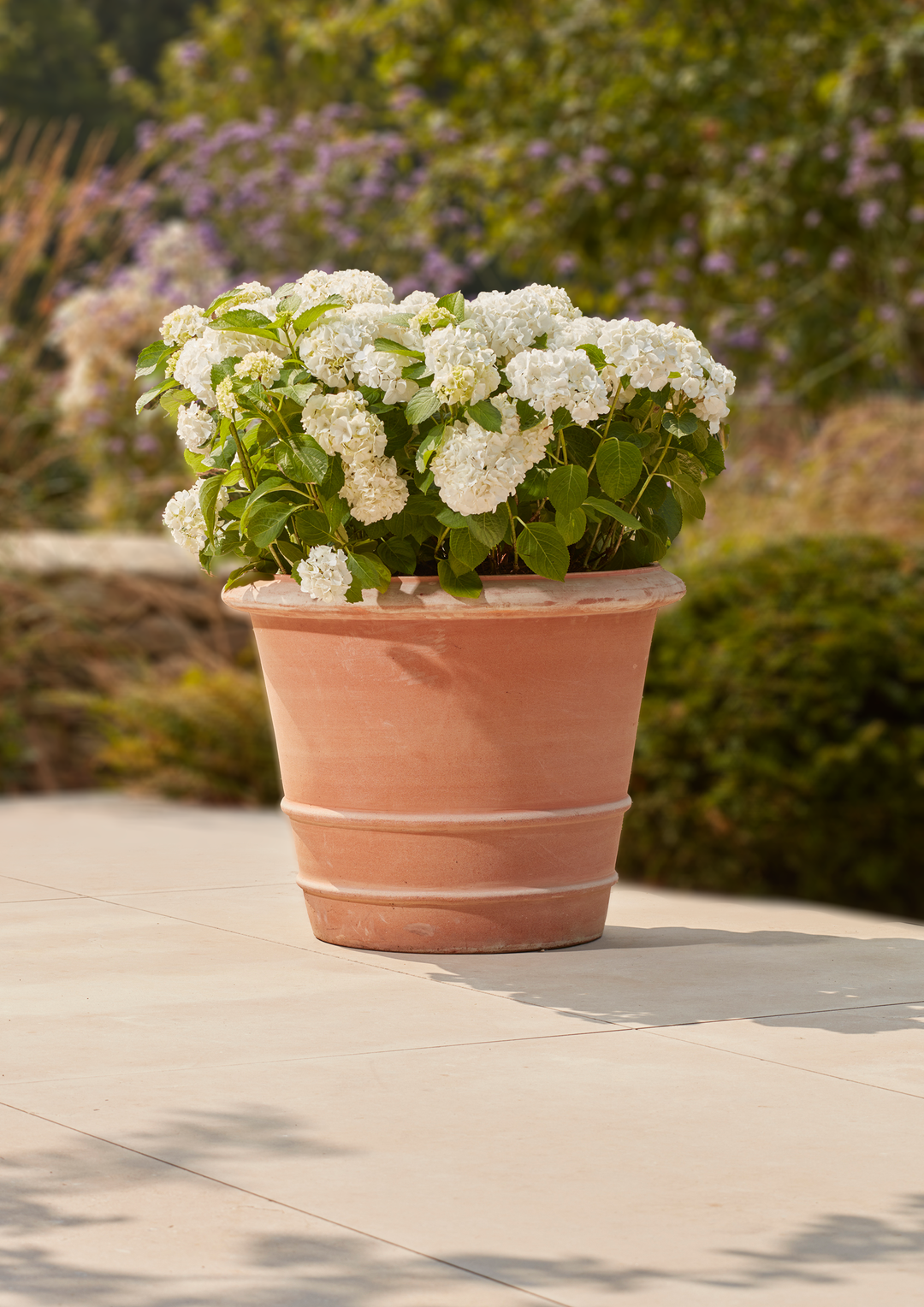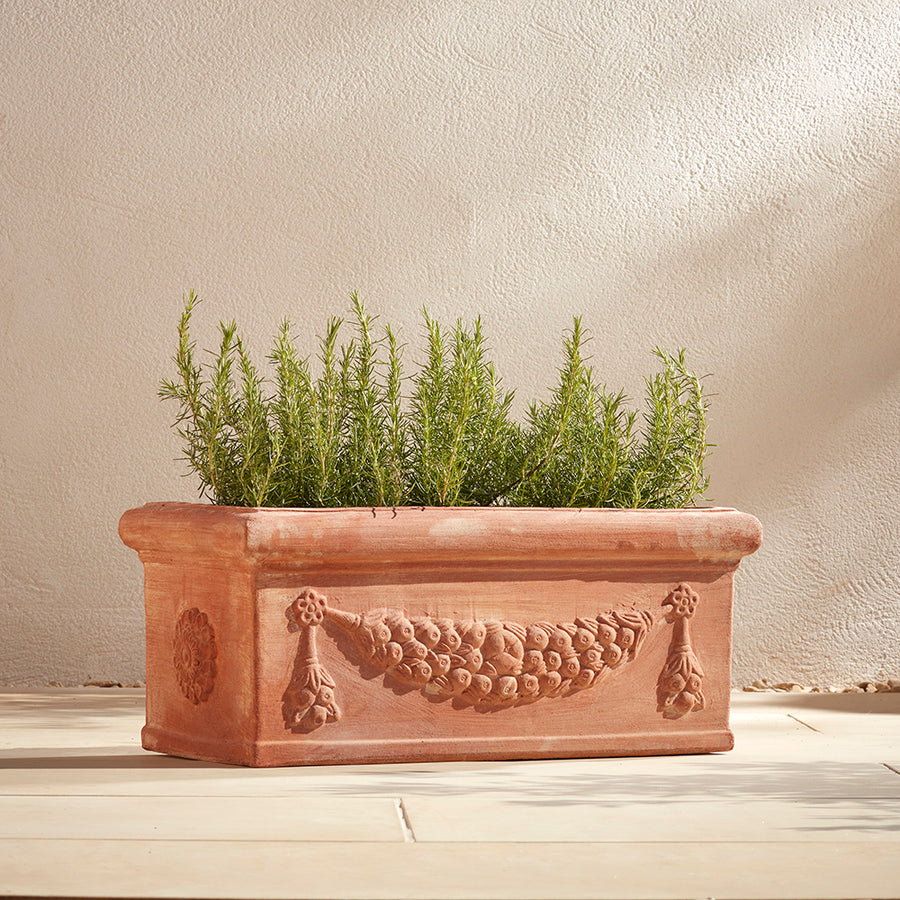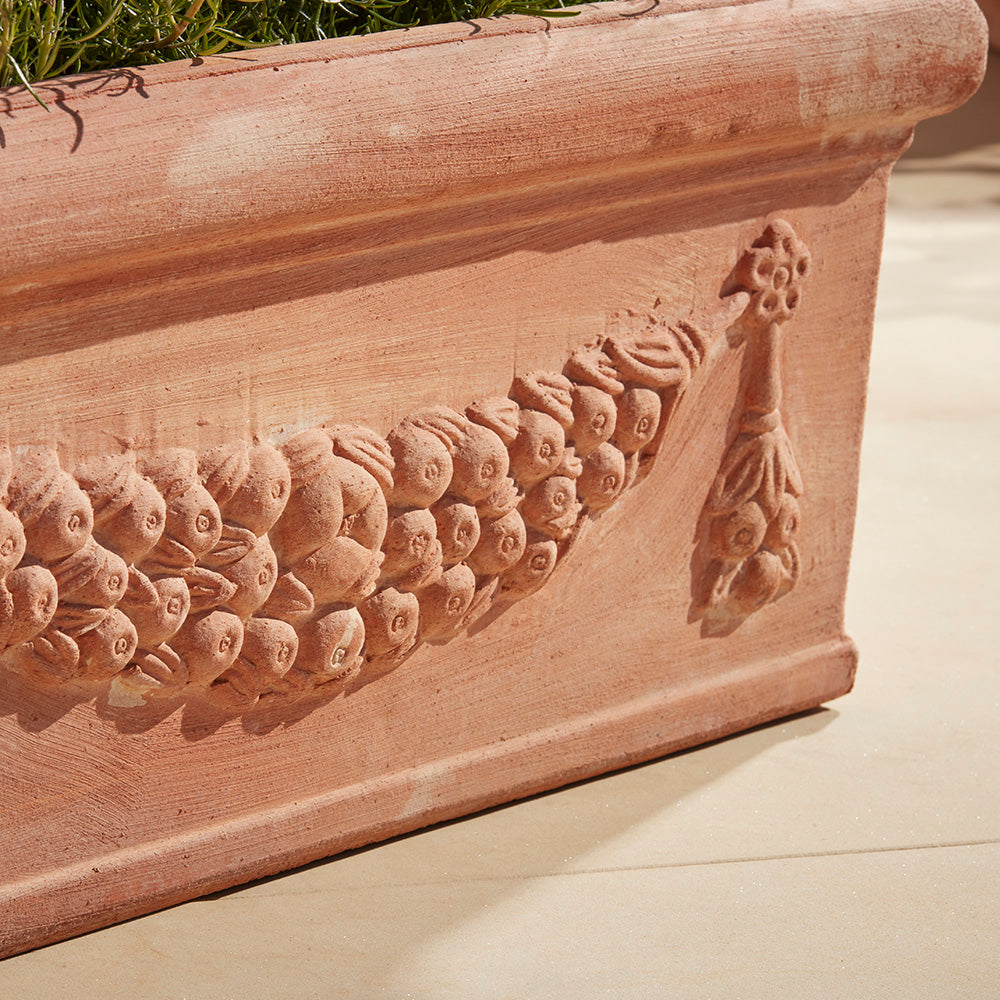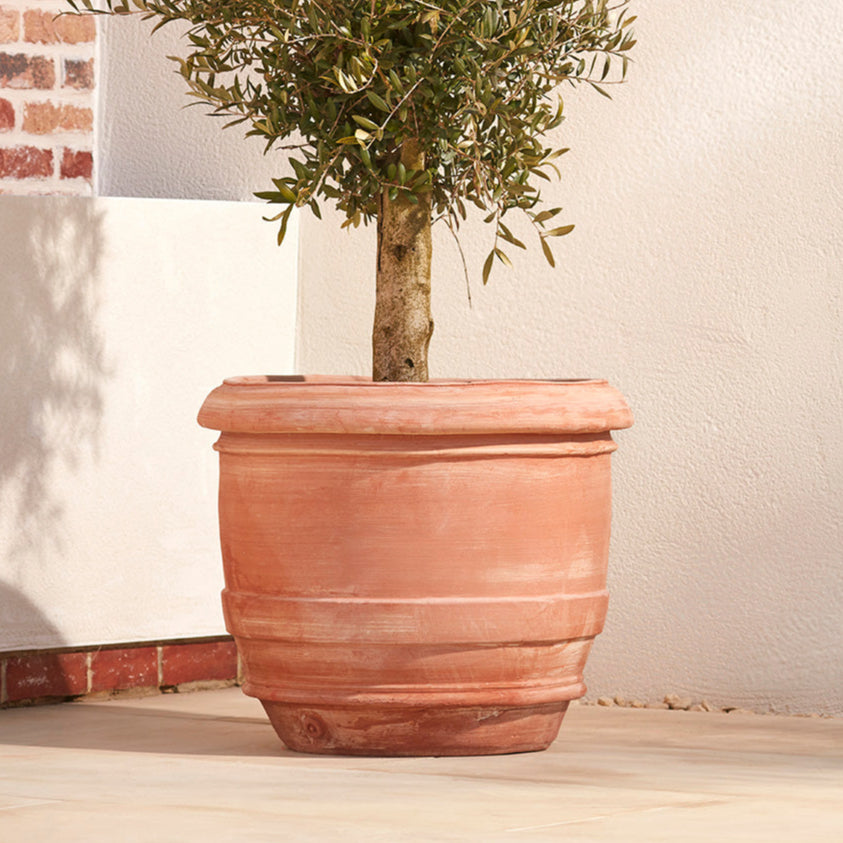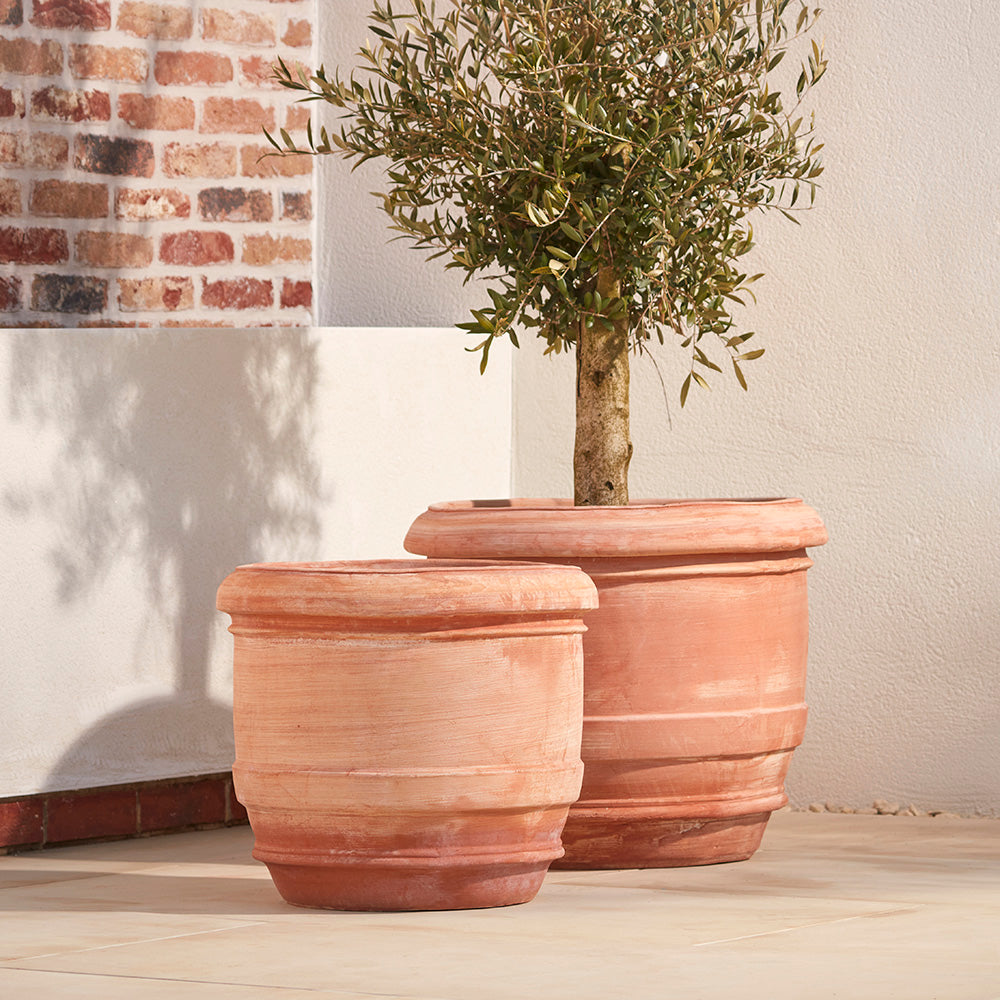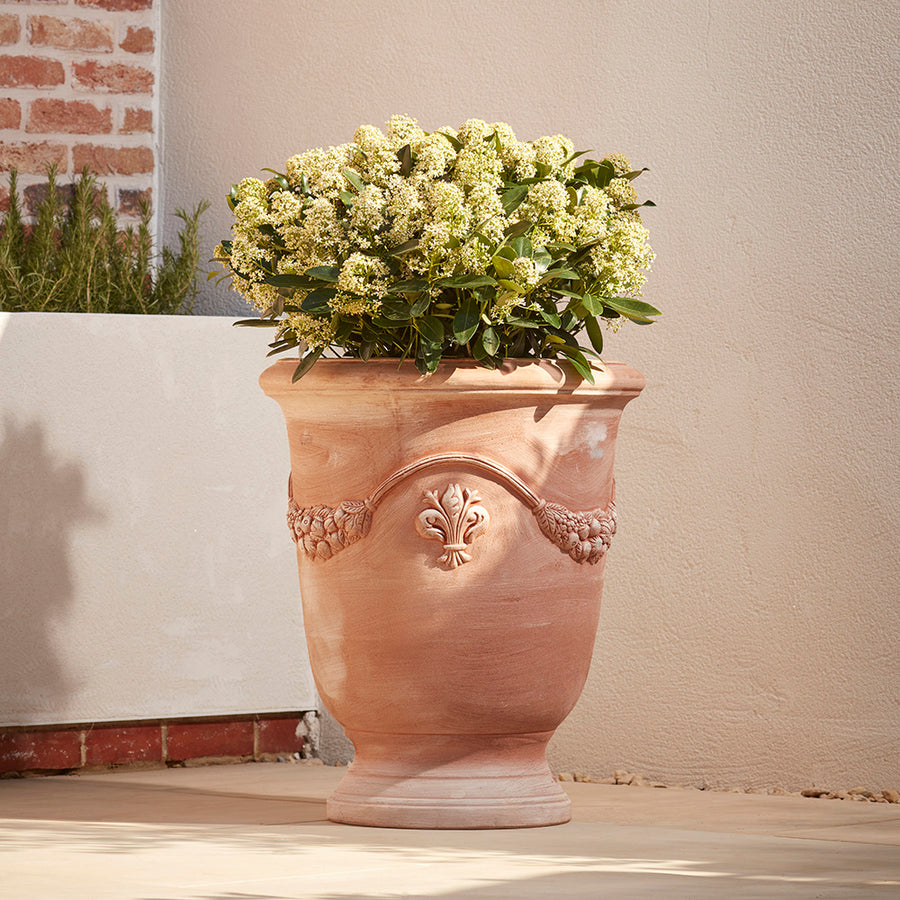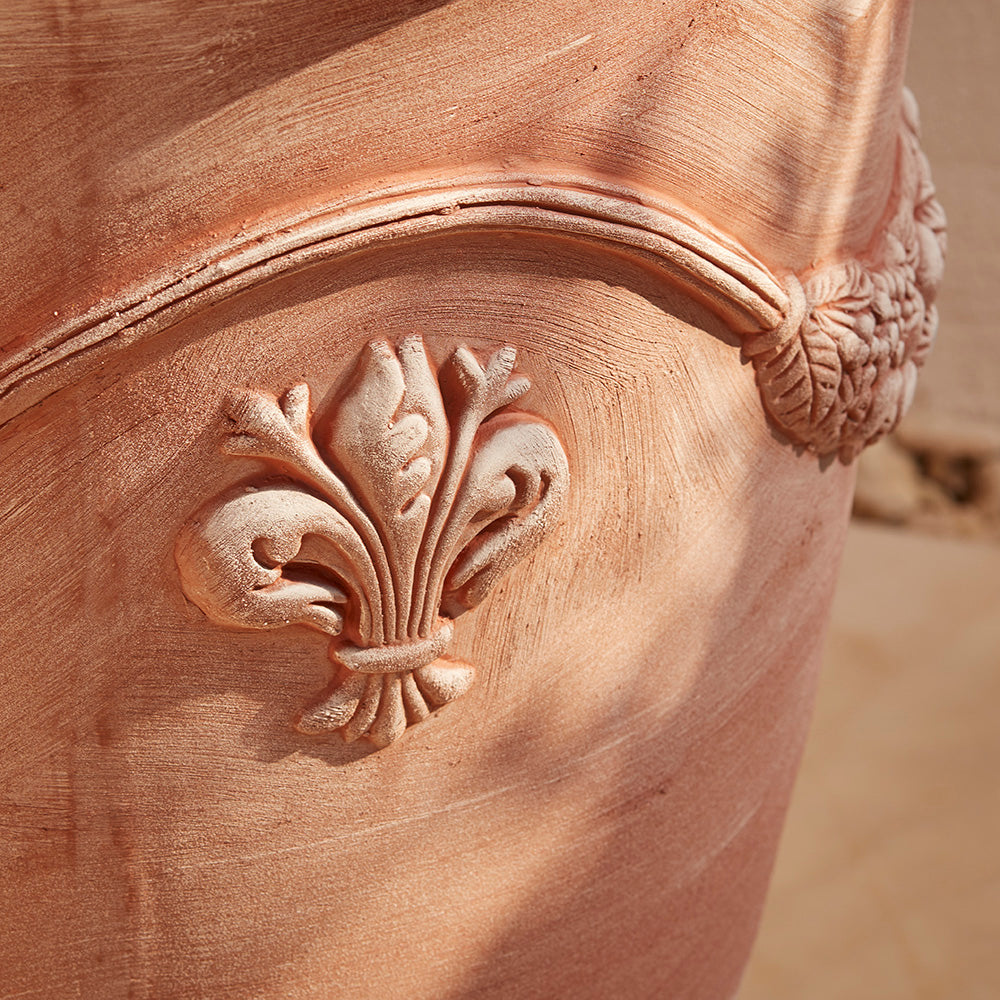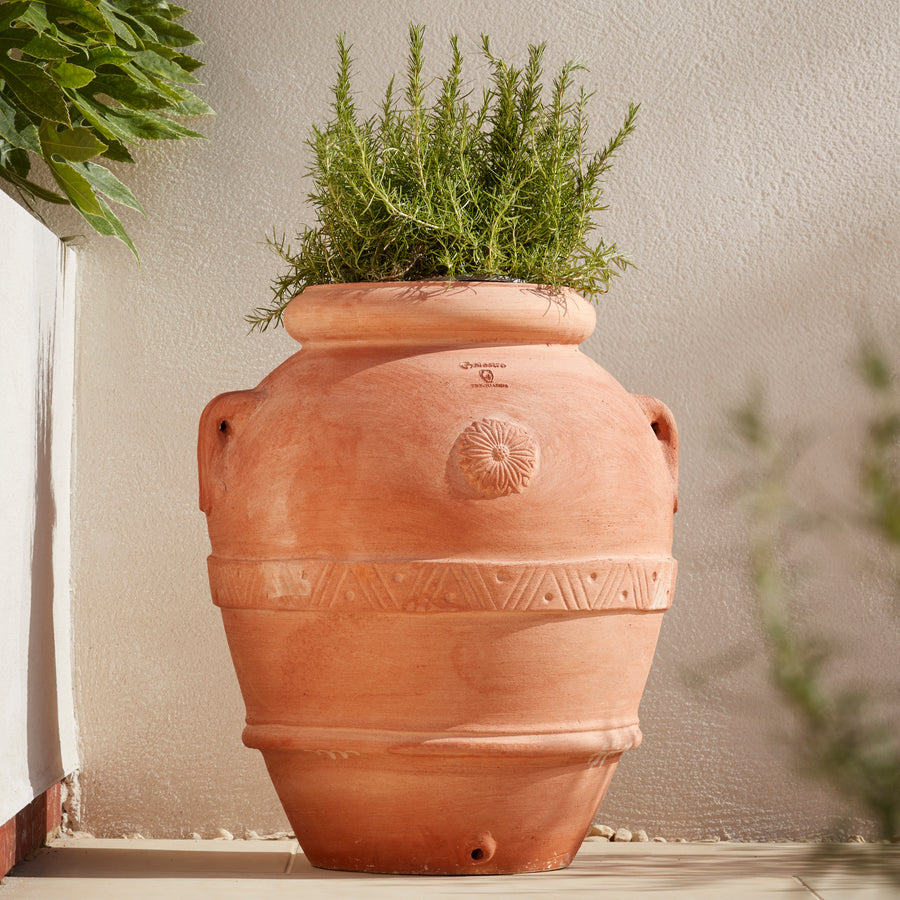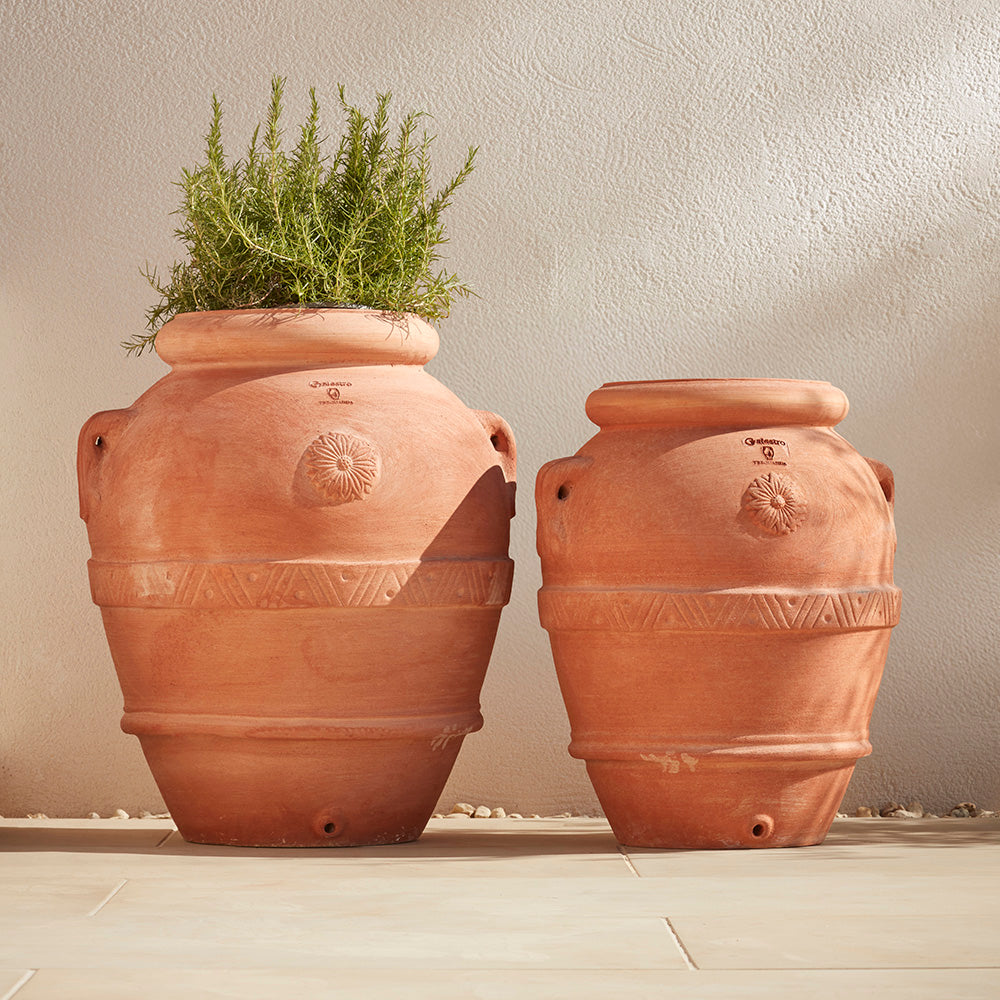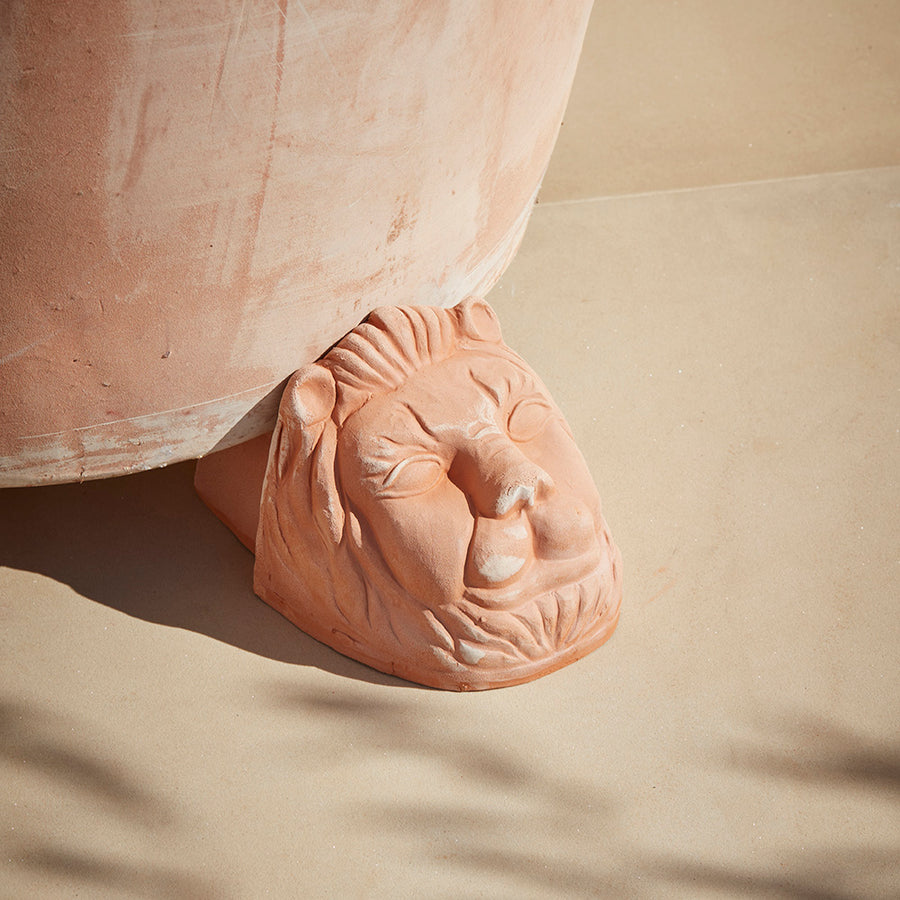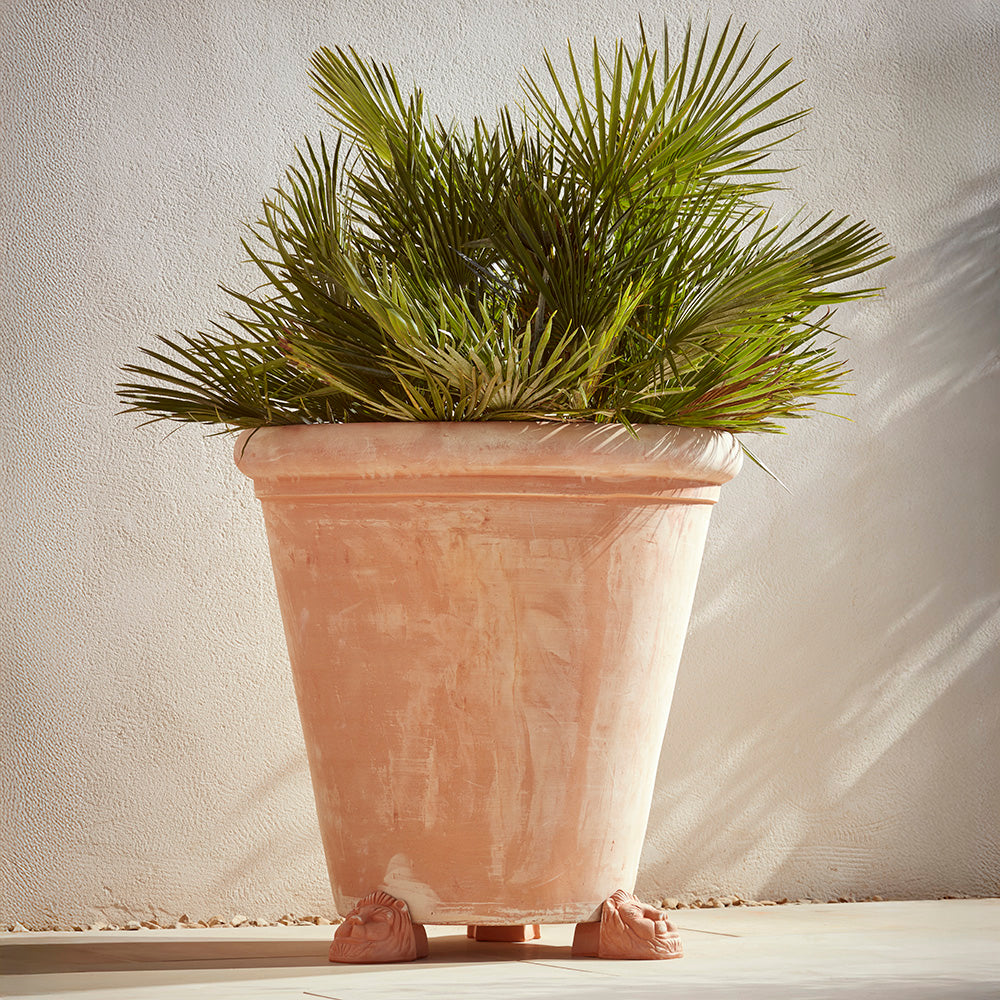Growing a Windowsill Garden: How to create a DIY Propagator
Are you new to gardening, looking to sow your first seeds? Or an experienced gardener with some extra seeds you can't wait to grow? Then we've got an exciting DIY project for you and also a great exercise in recycling around the house.

What is a propagator?
A propagator is like a mini incubator, but made of plastic. It's used to provide young, vulnerable seedlings with a warm, constant environment, helping get seed germination underway and more efficiently, giving you a head start on the gardening season.
Why make your own DIY seed propagator?
While spending more time at home, we've soon realised how large our plastic consumption is. We're very aware of our total daily intake and, even though we all do our bit to recycle, we were keen to find a way to reuse plastic packing.
DIY Propagator - How To

1 - What you'll need:
Seed Trays - We opted for yogurt pots. The plastic will hold well in water and is easy to pierce drainage holes in.
Water Tray - We decided to use a butter container. It happens to be the perfect width to suspend our yogurt pots in water from.
Transparent Roof - We've used some left over clear grape and blueberry punnets. On one punnet, we've sealed the ventilation holes for added warmth, and the other, we've kept these in.
Compost - We've gone for a peat free, general purpose compost
Seeds - We opted to use Tumbling Tom Tomatoes and Crystal Lemon Cucumbers
Other bits - A screw or equivalent for piercing holes in the yogurt pots and some tape if you'd like to tape up your vents.
Step by step guide.
2 - How to make your DIY propagator
It's really simple to make.
- Use the screws to pierce a few drainage holes in the bottom of your yogurt pot and tape up any unwanted vents in the punnets (from the inside and the outside to remove any exposed sticky bits).
- That's it, you're ready to plant.

3 - How to plant your DIY propagator.
- Fill your yogurt pot with compost, making sure you break up any clumps.
- Using your finger, create a small well in the compost at the seed's instructed depth and distance apart.
- Drop a single seed into each well created and gently tap the side of the yogurt pot, allowing the compost to loosely fall over the seed.
- Fill the butter container with enough water to covers the bottom of the yogurt pots, allowing the compost to draw up water, and place the planted yogurt pot onto of the butter container.
- Position in a bright, sunny, warm window - this step is really important!
- Wet the top of the seeds to allow them to bed in. If you don't have a gentle watering can, you can pierce some additional holes into a bottle lid and gently squeeze it over the seeds.
- Then add the lid on top and your DIY propagator is ready.

Seeds can take a few days to germinate.
4 - Planting out
Before planting your seedlings outside, you will need to harden them off as they will have become accustomed to the heat and protection in your propagator. To make sure that your plants don't suffer any shock when planted outside, move them to a cooler protected place in a greenhouse, closed cold frame, bell cloche or small polytunnel about 6 weeks before you plan to transfer them. They will then increase in resistance that will make them tougher for garden conditions.

Tag us in your DIY propagators using #GardenesqueGarden ! We'd love to see how we've inspired your green fingers.
Want more information on seed sowing?
- Indoor gardening what can you grow through winter
- Growing your own cocktail garden
- Grow your own Christmas Dinner
Want to find out about the advantages of Clay pots vs Plastic pots? Click here to read the blog.




